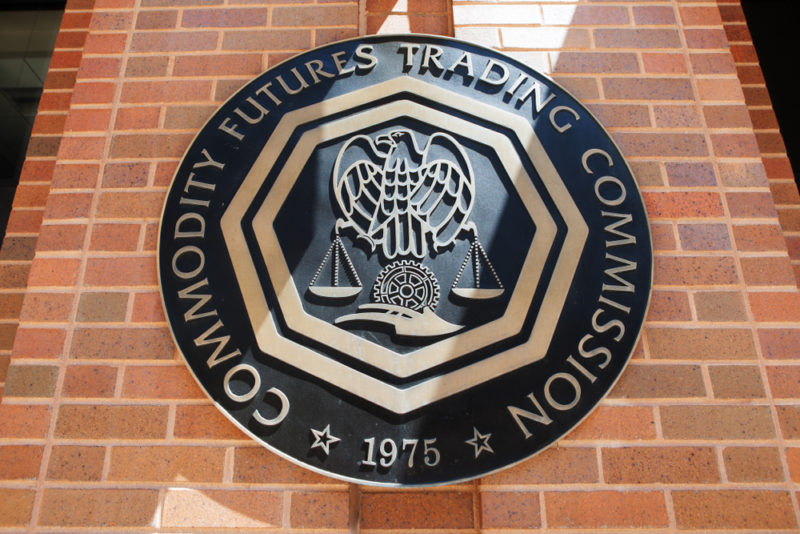The largest free economic zone in the UAE, with zero percent personal and corporate income tax, has begun handing out licenses to companies trading cryptocurrencies with the very first one being issued to a gold trader that has recently started offering cryptocurrency services.
The Dubai Multi Commodities Centre (DMCC) is a government entity that was set up in 2002 to bolster commodity trade flows through Dubai. DMCC Free Zone is the largest and fastest growing free economic zone in the UAE.
“We perform a range of roles which continue to position Dubai as the preferred destination for global commodities trade and DMCC as the world’s No.1 Free Zone, offering zero percent personal and corporate income tax,” according to information from the center’s website states.
More than 14,100 multinational corporations and startups call DMCC its headquarters, with almost 90,000 people living and working there.
UAE’s Largest Free Economic Zone Issues License to Cryptocurrency FirmThe Centre has started issuing licenses to allow firms trading in cryptocurrencies to operate from its free zone, Thomson Reuters Zawya reported on Monday.
DMCC’s executive director for commodities, Sanjeev Dutta, recently disclosed in a report on bitcoin.com that the Centre is “beginning to facilitate” a market in cryptocurrencies which, he admits, is unregulated. Citing that firms considering setting up in the zone would be deliberated on a “case-by-case” basis, he said:
“To me, what is important is the fact that you are still evaluating it as part of your innovation strategy. You are not saying ‘no’ to something. You are not saying ‘yes’ either, but you are exploring, so you are clearly ahead of the others when the time to make a decision comes.”
DMCC is a member of the Global Blockchain Council, which started as a Dubai Smart City project and has 46 member organizations all over the world. The Centre’s director of innovation hub, Franco Bosoni, stated that a global consensus is slowly developing which favors classifying cryptocurrencies as commodities.
“DMCC’s view is that these [cryptocurrencies] meet the test of a commodity. They’re priced based on supply and demand, produced and sold globally at a uniform quality and (are) indistinguishable between products,” said Bosoni.
Wai Lum Kwok, head of capital markets for Abu Dhabi Global Markets Regulatory Authority, also shared that the regulator is “reviewing and considering the development of a robust, risk-appropriate regulatory framework” for crypto exchanges and intermediaries. Emphasizing that no timeframe has been established, he added:
“As we develop our framework, we will also want to check in and have the conversations with, for example, US regulators, Japanese regulators and so on and so forth, so that there is some alignment of approach to avoid any regulatory arbitrage.”
The first license for the Free Zone was said to go to Regal Assets, a gold trader and storage provider with offices in the US, Canada, and the UAE. The company added cryptocurrencies to its product line at the end of last year, offering brokerage services and an insured, high-security cold storage service for bitcoin, ether, bitcoin cash, ethereum classic, ripple, and dash.

 Business2 days ago
Business2 days ago
